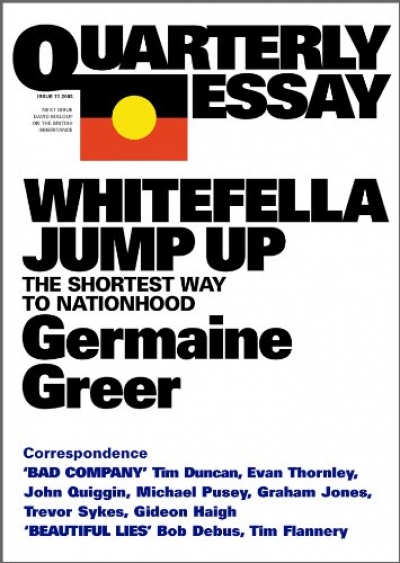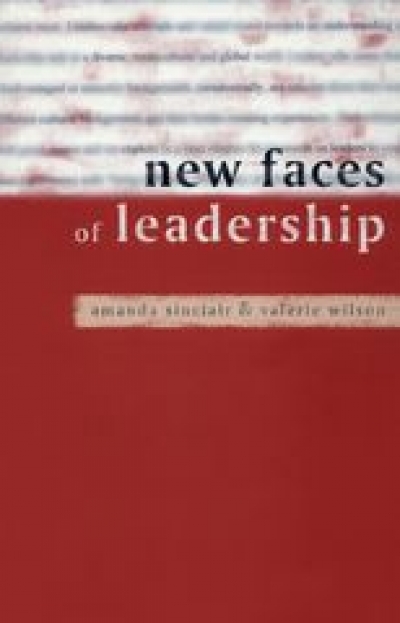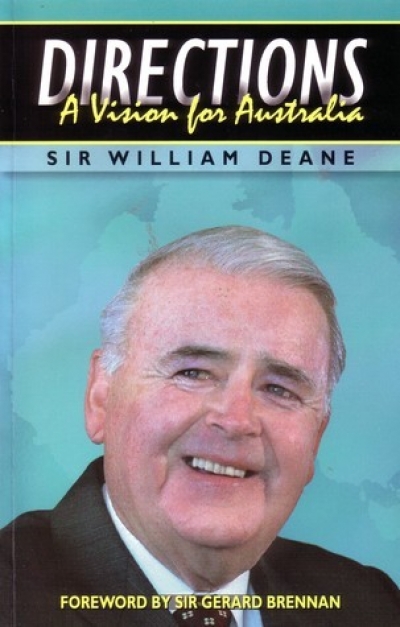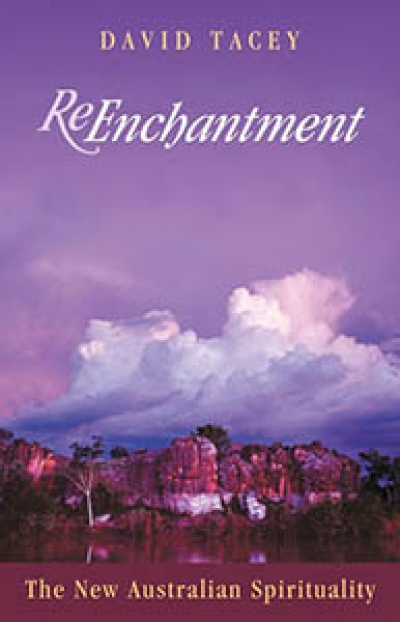Australian Society
Whitefella Jump Up by Germaine Greer & Made In England by David Malouf
New Faces of Leadership by Amanda Sinclair and Valerie Wilson & Executive Material by Richard Walsh
Directions by William Deane & Sir William Deane by Tony Stephen
Death and bereavement come to us all, often as the most challenging experiences of our lives. In the end, we must all confront the inevitability of our own mortality. A study of dying and responses to death takes us to the heart of the history of any culture, and sharpens our understanding of the meaning of our lives. Despite the significance of death in human life, Ken Inglis and other scholars observed in the twentieth century ‘a modern distaste for the physical facts of mortality and a modern aversion to the darkness of mourning’. Only in the last twenty years has the taboo on death begun to lift. Public and academic concern has been stimulated by the AIDS epidemic, by debates about euthanasia, palliative care, and suicide rates, and by medical technology’s increasing interventions to prolong life. However, historians in Australia have been slower to participate in this discussion than colleagues in France, the USA, and Britain, especially for the nineteenth century. My own contribution is a book entitled Australian Ways of Death: A social and cultural history 1840–1918, and this essay tells an essential and distinctively Australian part of that story.
... (read more)The Voyage of Their Life: The Story of the SS Derna and Its Passengers by Diane Armstrong
There are watchdogs and there are lapdogs. Watchdogs are alert. At the slightest movement, they growl. When they bite, it hurts. Lapdogs are alert – to their master’s moods.
... (read more)It’s usually said that Australians are uninterested in the metaphysical. Where in America the lines between the secular and religious are notoriously blurred, not least in their politicians or sporting heroes invoking God on almost every conceivable occasion, Australians by contrast are held to be a godless lot, their mythologies entirely secular in form and meaning. God is rarely publicly invoked, except by ministers of religion whose particular business it is duly to do so.
... (read more)The Chief Justice of New Zealand opened his recent judgment on the attempts to suppress the book Spycatcher by Peter Wright with the comment that it was ‘probably the most litigated book in all of history’. That may be correct; although I suspect that the Bible may yet have a slight edge.
The Bible was probably the first book carried from the ships of the First Fleet when they anchored in Sydney Cove in January 1788. From reading the catalogue which accompanies this exhibition, I get the impression that the Rev. Richard Johnson – sent to this country by an organisation with the engaging name of the Eclectic Society – was rather like those annoying people who nowadays clamber aboard a jumbo jet struggling remorselessly on with the entirety of their worldly possessions. Johnson was just such a man. He carried with him no less than 100 Bibles, 350 New Testaments, 500 Psalters, 100 Prayer Books and 200 Catechisms – all made available to him by the Society for Promoting Christian Knowledge. Amongst his most precious possessions were twelve copies of Bishop Thomas Wilson’s An Essay towards an Instruction for the Indians. Sadly, guns and hangings all too soon quickly replaced words and books in the relationship between the newcomers and the indigenous inhabitants of the Great South Land.
... (read more)





